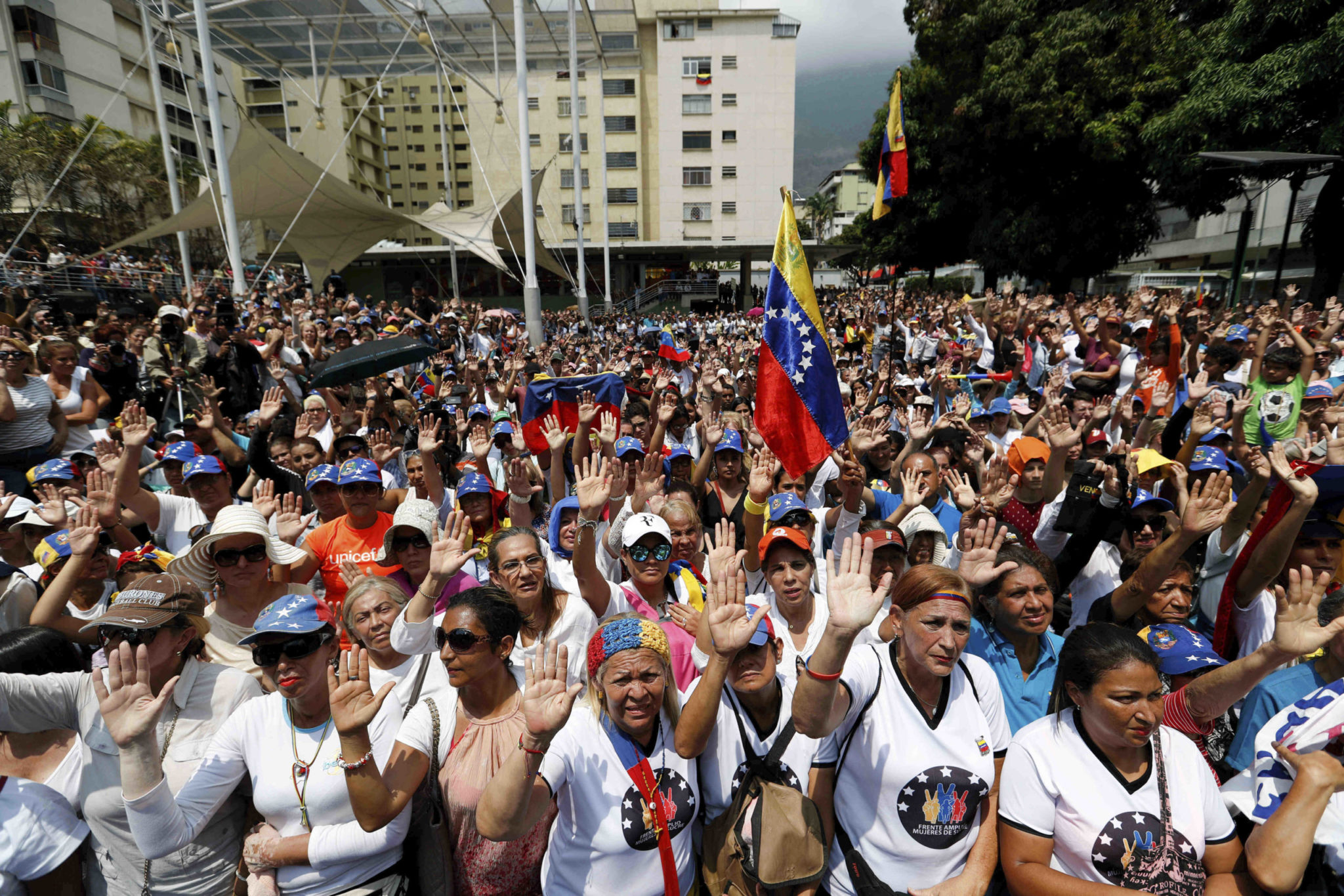A few days ago I had the opportunity to conduct an online focus group with 60 young people from Latin America and the Caribbean. Aged 18 to 35, the participants live in Mexico, Colombia, El Salvador, Nicaragua, Dominican Republic, Paraguay, Chile, Brazil, Costa Rica, Haiti and Venezuela. The guiding questions included their concept of democracy and political leadership in current times. Their answers are extremely suggestive.
The participants considered that democracy is failing to provide adequate responses to citizens, especially young people who have had to emigrate to other countries -the United States or Canada- or other continents such as Europe in the search for the achievement of their life projects.
Although they openly state that they consider democracy the ideal political system for a life in peaceful coexistence, they also question its weakening and distortions that stimulate inequality.
A worrisome finding of the debate is that young people think that “significant changes” are taking place toward authoritarian systems thanks to the support of drug trafficking and other countries with geopolitical and economic interests very different from the nature of a democratic regime.
The biggest issue that worries them concerning democracy is inequality. The participants say that not having equal opportunities greatly influences their decision to migrate, and makes them doubt the political leaders because they do not see them as “effectively committed” to implementing the necessary public policies.
They also believe that democracy has been appropriated by the groups that swarm around power for very particular purposes. In some cases, they affirmed participating very little in public affairs due to fear, resignation or fear of authoritarian reprisals.
Indeed, the participants feel that the young people of Latin America should commit to getting more involved in the public agenda and be able to advocate more strongly, but they also feel that political parties must be more democratic and open the discussion in order to be more transparent in their efforts. This would build trust and stimulate participation.
They believe that democracy is endangered throughout the region and that it will take a long time to fully recover.
Regarding political leadership, they believe that it should be characterized by transparency and direct and plain language without ambiguities. With a lot of firmness in style and inclusive narratives more associated with the sentiment of the population.
They consider that political leaders should set an example and refrain from “saying things that they will not comply with.” Leaders must be more active, show results quickly and talk less. “They must be more attentive to social media to communicate more quickly and provide answers to young people.”
Additionally, the participants pointed out that political leaders must have a lot of training and be very well prepared “because nowadays it is very easy to see who is telling the truth or not on social media” and this deepens the disenchantment towards them and democracy.
They also recognized that “social media makes it easier to fall for misinformation and contemplate one’s navel due to the manipulations of the algorithms”, something that is leading to “extremely individualistic” behaviors.
A leader of the present must be “multitasking” to handle public office and quickly respond to citizens’ demands. They believe that today’s political leaders, unlike the past, must be more sincere and firm in their narratives. They must be “visionaries” who march towards the future and “take firm steps” that show their character and empathy with young people.
Being a political leader in current times implies “a vocation for sacrifice.” Finally, the participants strongly agreed that a political leader must “be and appear to be” one without any type of cognitive dissonance. Of course, we will continue to delve deeper into the matter.
Translated by Jose Rafael Medina




